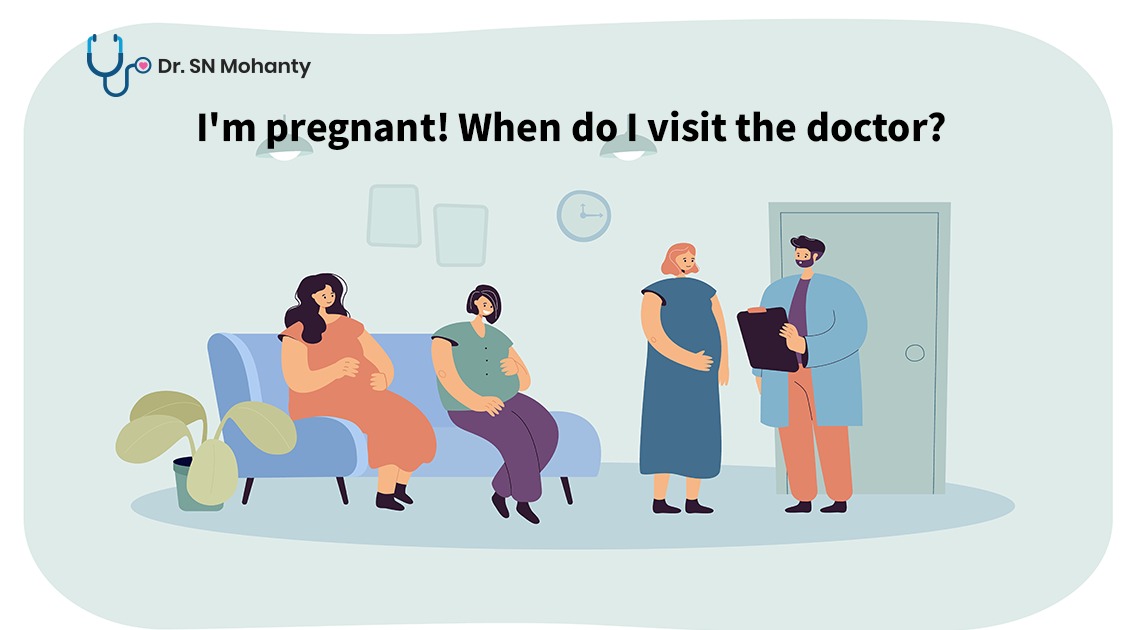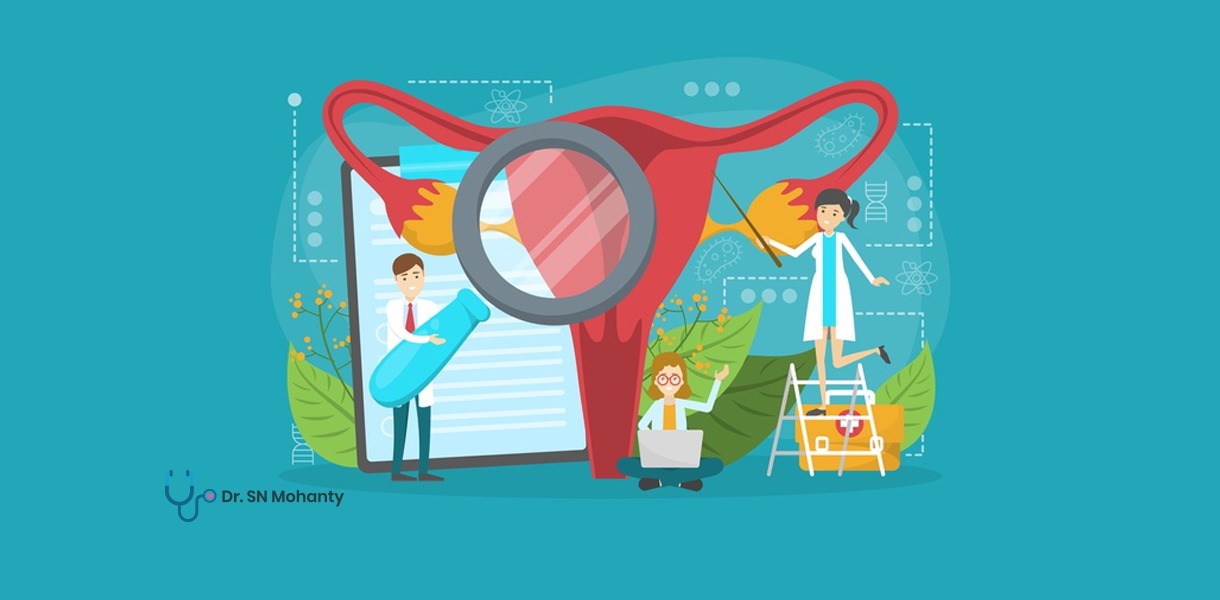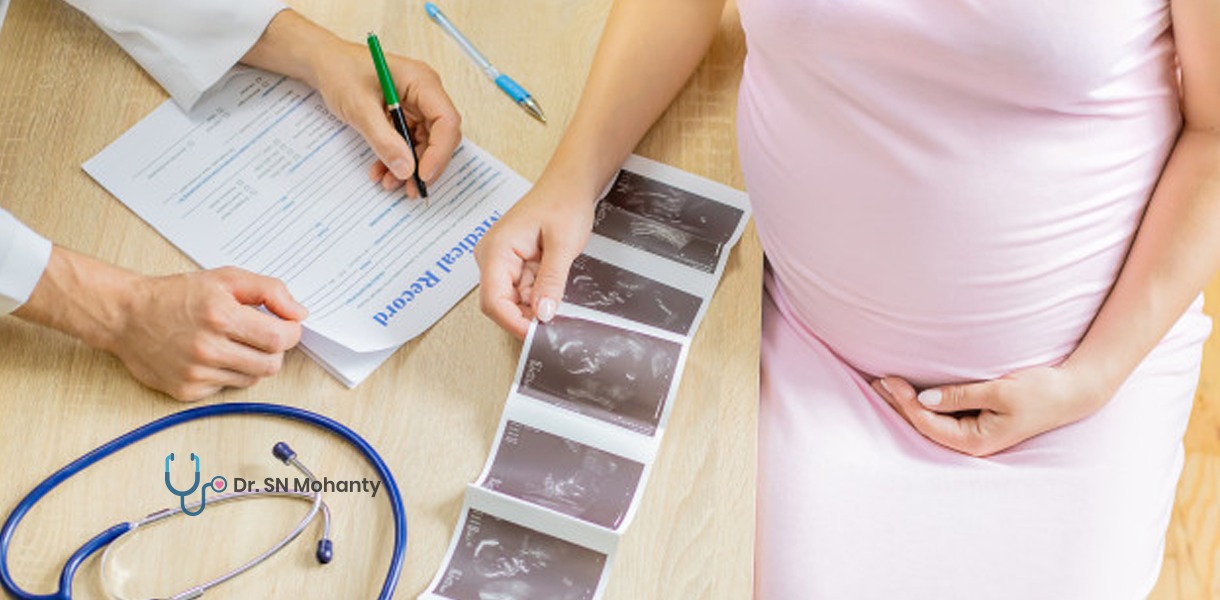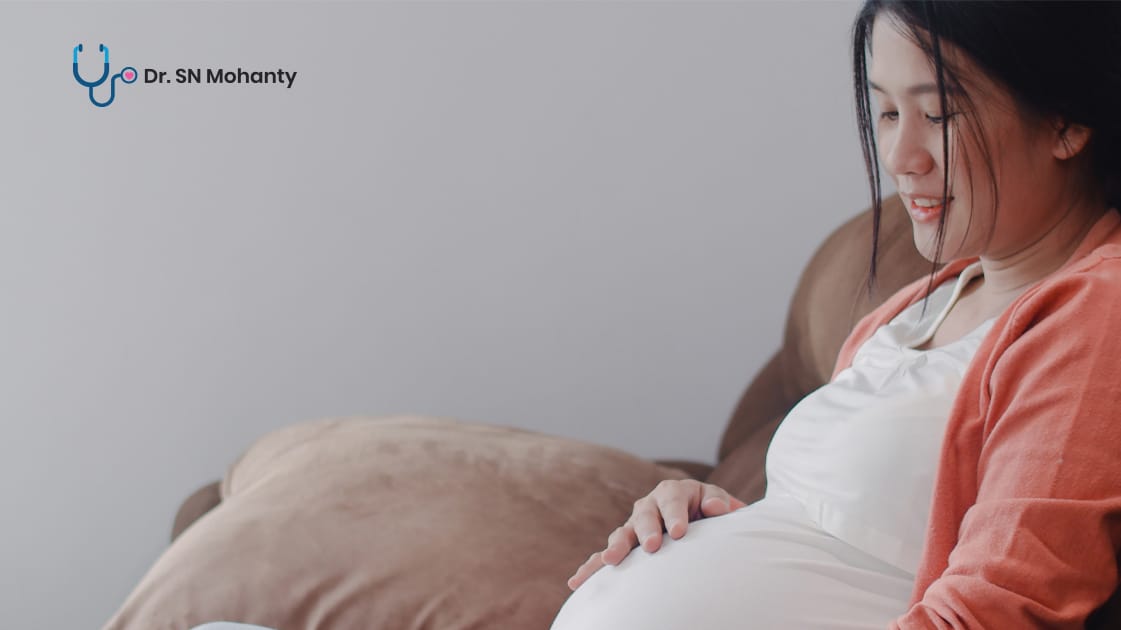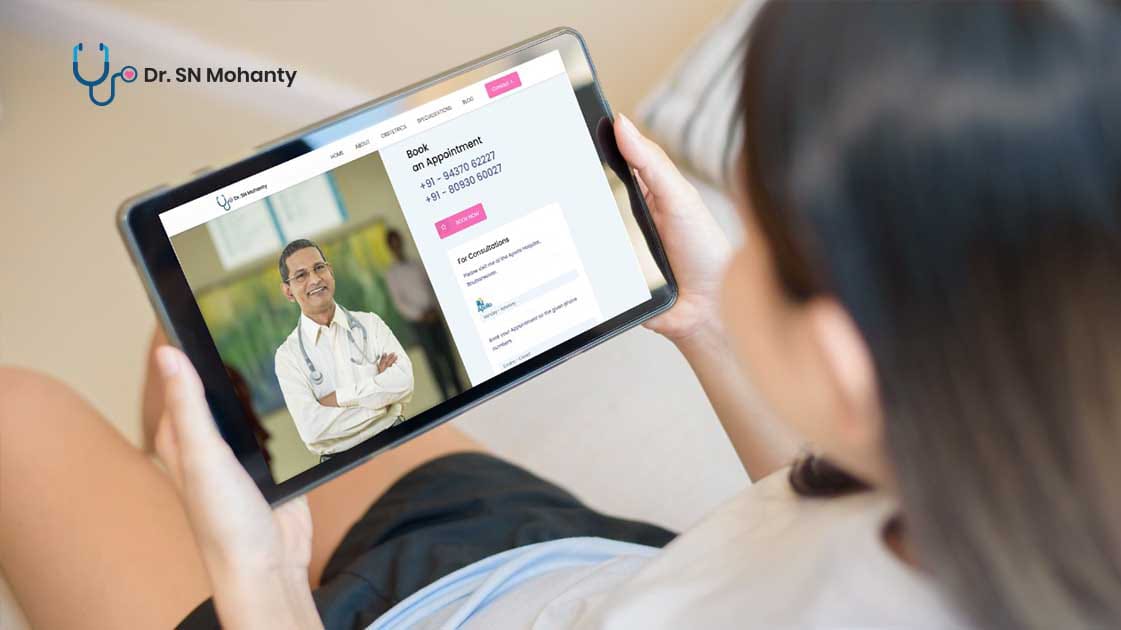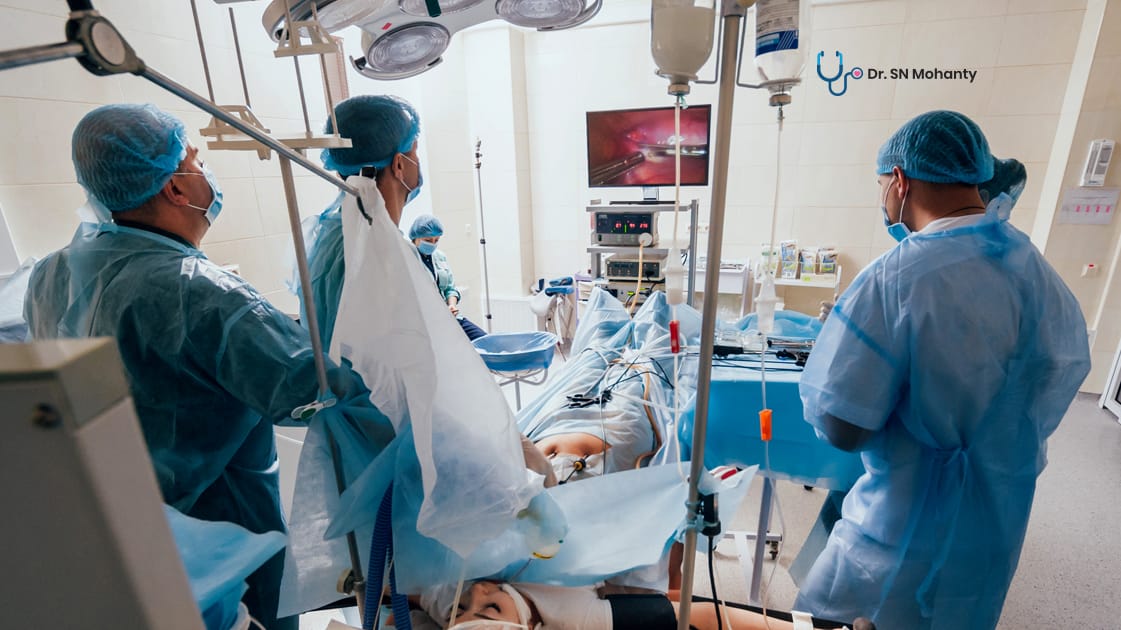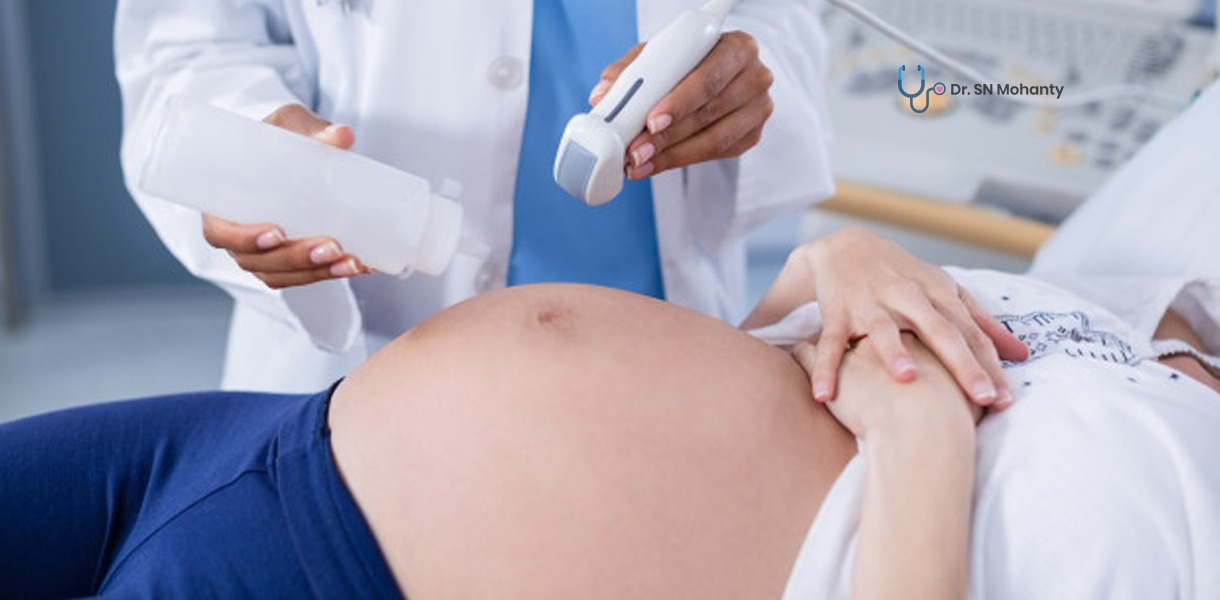
Bringing forth a child is a natural process. After a full-term pregnancy, the woman gives birth to a baby on or near her due date. A day or two later she leaves the clinical center to begin her normal life with her family and the new part. Regardless, not all pregnancies go without any problem. Some women experience what gynecologists and obstetricians refer to as a high-risk pregnancy.
Pregnancy is seen as high-risk when some complexities could harm the mother, the baby, or both. High-risk pregnancy requires special attention & care by a specialized & experienced obstetrician to help ensure the best outcome for the mother and the upcoming baby.
In case you are experiencing a high-risk pregnancy, you or your baby might be at an increased threat of medical problems previously, during, or after delivery. Commonly, special care, medication, and monitoring are required during pregnancy but during high-risk pregnancy needs more attention as it may prove fatal.
In some cases, a high-risk pregnancy can be the result of prior ailments, or the ailments that develop during the pregnancy or during the delivery, which includes premature delivery.
Henceforth it is critical to have early and prenatal care as it helps a woman to have sound pregnancies and deliveries without complexities.
Have a look and understand the threat factors that lead to high-risk pregnancy, and what preventive measures and things to deal with so both the mother and child are protected.
Risk Factors for High-Risk pregnancies:
1. Mother's Age: One of the most common risk factors for a high-risk pregnancy is the age of the ladies. Women age more than 34 years or younger than 18 years are viewed as in high-risk complications.
2. Lifestyle: If the mother-to-be has addictions, for example, smoking, drinking liquor, or utilizing illegal drugs enhances the risk during pregnancy.
3. Mother's weight: If the mother is underweight or over-weight or large before pregnancy, at that point it increases the risk of different medical problems of the mother and baby during pregnancy.
4. Pregnancy history: A background marked by pregnancy-related issues, for example, miscarriage, premature delivery, etc at that point you are at a higher danger of early delivery of your next pregnancy. Consult with the best obstetrician and communicate your complete pregnancy history so all the necessary preventive measures can be taken.
5. Multiple Pregnancies: Pregnancy chances are higher for a woman who is conveying twins or higher-order multiples
6. Health issues: Some pre-existing medical conditions such as High blood pressure, obesity, diabetes, epilepsy, thyroid, asthma, heart or blood-related disease, and infections can increase pregnancy complications.
7. Genetic issues: A family background of hereditary issues is likewise a risk factor for a high-risk pregnancy.
If you have diagnosed to have any of these ailments or danger factors, at that point it is imperative to move toward your obstetrician before you choose to get pregnant, so he/she can run the necessary clinical tests, prompt you the correct prescriptions and the safety measures to be taken so you and your baby are safe and free from risks.
Medical Conditions that happen during pregnancy
On the off chance that you are free from any medical conditions and have not been diagnosed with any ailments, you might develop with certain medical problems during your pregnancy that may harm you and your infant.
Additionally, you may build up certain side effects during your pregnancy that are common. In any case, you might be uncertain of which side effects can turn out difficulties for your pregnancy. A few symptoms or issues during pregnancy may incorporate physical and perspectives that impact the wellbeing of the mother or the baby. Some of them are gentle and don't progress; at the same time, when they do, they may affect the mother or her baby.
There are correct approaches to manage those side effects so instead of panicking and be in stress, talk with your obstetrician to get the correct solutions to deal with those symptoms.
Two of the most widely recognized pregnancy-related issues are:
1. Pre-eclampsia:
It is a condition in pregnancy that is described by hypertension. Pre-eclampsia generally starts following 20 weeks of pregnancy in a woman whose blood pressure had been normal. There may also be swelling in the legs and water retention however this can be difficult to recognize from a normal pregnancy. It tends to be risky when not be dealt with. Nonetheless, with appropriate care, treatment and medication ladies who have created pre-eclampsia can deliver a healthy baby.
2. Gestational Diabetes:
It is a type of high blood sugar influencing pregnant lady. It is analyzed for the first during pregnancy. Women who develop gestational diabetes are at increased risk of creating type 2 diabetes in the future. There are no such indications. A blood sugar test during pregnancy is conducted for finding. On the off chance that you follow the treatment plan gave by your obstetrician, at that point there might be no further complications.
These are some tips for a sound pregnancy:
1. Schedule a pre-conception meeting so you can go through a check-up and get determined to have any clinical issues that can make clinical problems later in your pregnancy. They may recommend the correct drug to stable your present ailment.
2. Visit your obstetrician according to the schedule so the specialist can screen you and your baby.
3. Keep a note of your weight and keep up a sound weight.
4. Quit on your addictions, for example, smoking, drinking, and so on, to prevent complications in your pregnancy.
5. Be stress-free.
6. Protect yourself from contaminations. Like wash your hands appropriately before having your meal, avoid raw meat, wash all vegetables & fruits when consumed raw & maintain a healthy diet.
A high-risk pregnancy when treated appropriately, the mother will deliver a healthy baby. Ensure you talk with the right obstetrician at the right time as a preventive measure to reduce any chances of a high-risk pregnancy.


